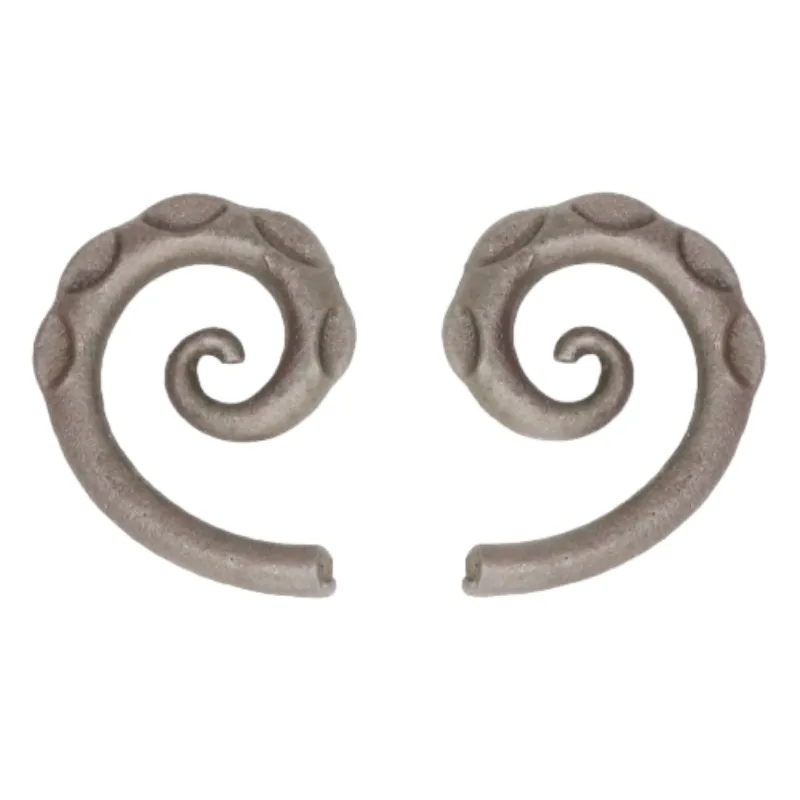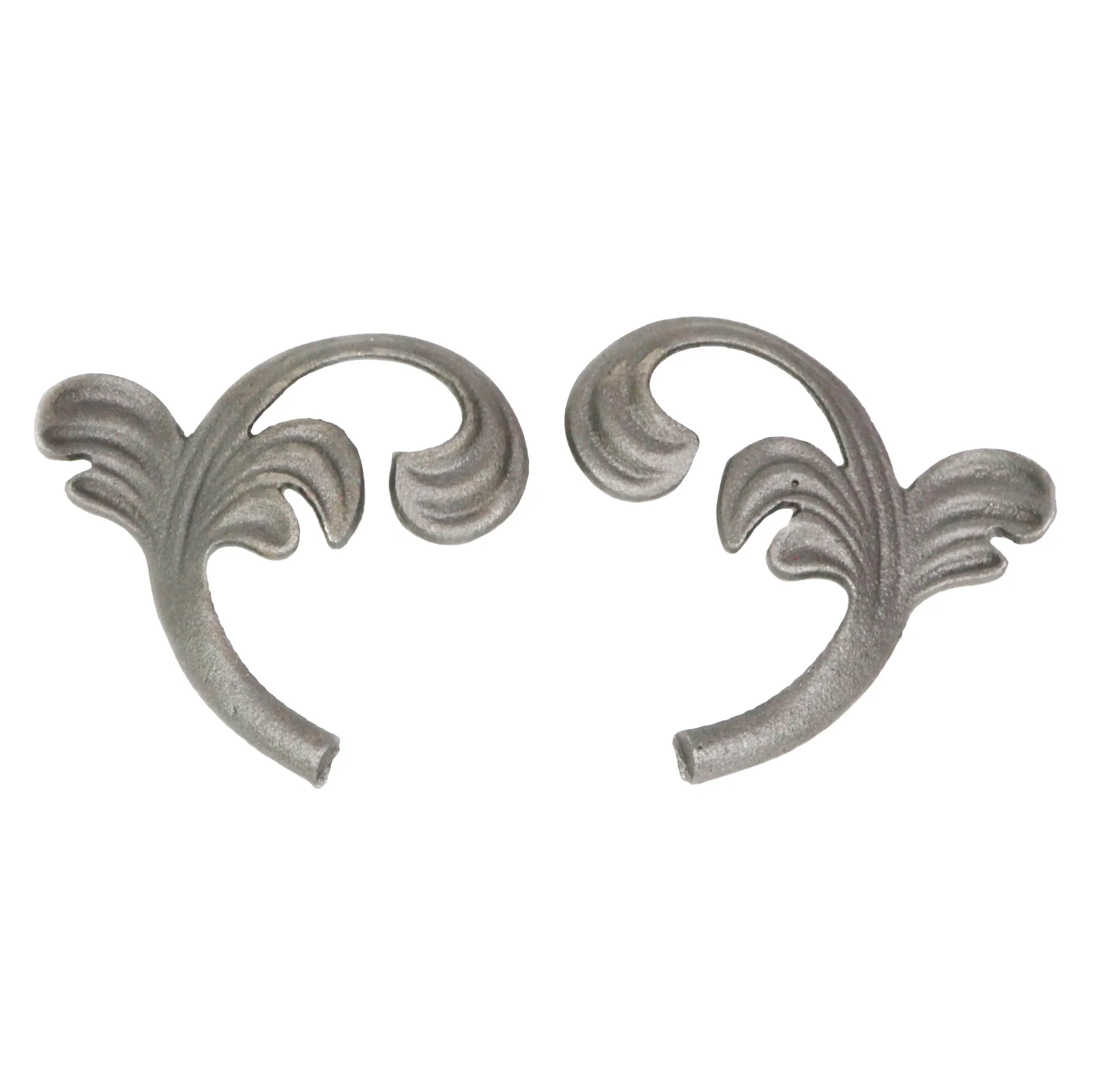
Feb . 07, 2025 03:51
Back to list
casement window hinges
Casement window hinges are an indispensable component that might go unnoticed until something goes awry. For homeowners looking to replace or upgrade their windows, understanding the nuances of these hinges is crucial. These hinges not only ensure the window's smooth operation but also its security and energy efficiency.
Safety comes hand-in-hand with functionality. Child safety mechanisms are available for casement windows, which prevent windows from opening beyond a certain angle. This feature is essential for homes with young children, ensuring peace of mind without compromising ventilation. Installation is another area where expertise is required. Precise alignment during installation not only enhances the performance of the hinges but also prevents air leaks, contributing to the window's energy efficiency. Poorly installed hinges can lead to windows that do not close properly, causing drafts and increased energy bills. Expertise in choosing the right installation professional can make a difference. Although DIY is a tempting option, hiring an experienced technician ensures that the nuances of hinge selection and installation are expertly handled. The precision and finesse with which an expert approaches this task underpin the trust in their work, often backed by a warranty that promises to address any future issues. Investing in high-quality casement window hinges may seem like a minor detail in the grand scheme of home maintenance. However, their impact on comfort and security should not be underestimated. Reliable hinges improve the ease of use, enhance the aesthetic of your home, and contribute significantly to the overall energy efficiency. In conclusion, the selection of casement window hinges should be approached with the same consideration as any major component in your home. A fusion of expert knowledge, real-world experience, and authoritative selection can transform these seemingly minor components into cornerstones of a secure and efficient dwelling.


Safety comes hand-in-hand with functionality. Child safety mechanisms are available for casement windows, which prevent windows from opening beyond a certain angle. This feature is essential for homes with young children, ensuring peace of mind without compromising ventilation. Installation is another area where expertise is required. Precise alignment during installation not only enhances the performance of the hinges but also prevents air leaks, contributing to the window's energy efficiency. Poorly installed hinges can lead to windows that do not close properly, causing drafts and increased energy bills. Expertise in choosing the right installation professional can make a difference. Although DIY is a tempting option, hiring an experienced technician ensures that the nuances of hinge selection and installation are expertly handled. The precision and finesse with which an expert approaches this task underpin the trust in their work, often backed by a warranty that promises to address any future issues. Investing in high-quality casement window hinges may seem like a minor detail in the grand scheme of home maintenance. However, their impact on comfort and security should not be underestimated. Reliable hinges improve the ease of use, enhance the aesthetic of your home, and contribute significantly to the overall energy efficiency. In conclusion, the selection of casement window hinges should be approached with the same consideration as any major component in your home. A fusion of expert knowledge, real-world experience, and authoritative selection can transform these seemingly minor components into cornerstones of a secure and efficient dwelling.
Prev:
Latest news
-
Unique Design Ideas for Wrought Iron Wall DecorNewsJul.21,2025
-
Stainless Steel Pulley for Marine ApplicationsNewsJul.21,2025
-
Safety Features in Industrial Track PulleyNewsJul.21,2025
-
Precision Tolerances for 2 Inch U Groove WheelsNewsJul.21,2025
-
Iron Fence Spears Corrosion Protection MethodsNewsJul.21,2025
-
Iron Decorative Panels for Balcony ScreensNewsJul.21,2025
-
Industrial Applications Requiring Heavy Duty PulleyNewsJul.21,2025












